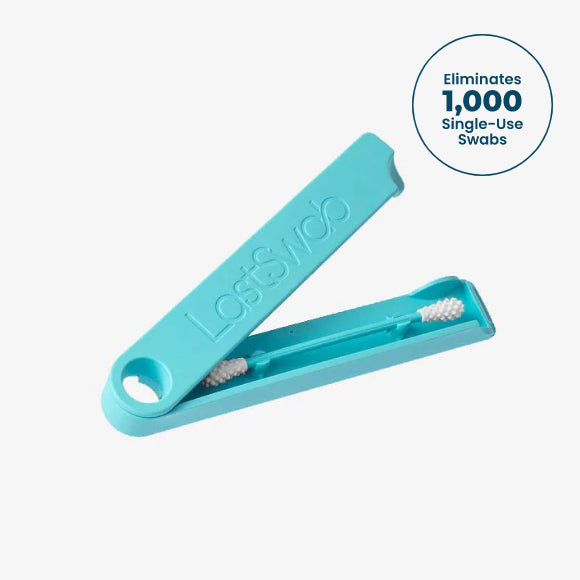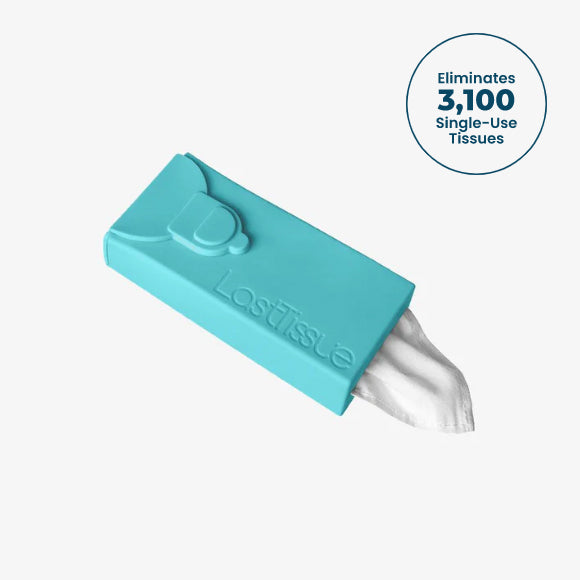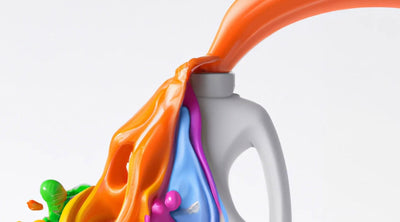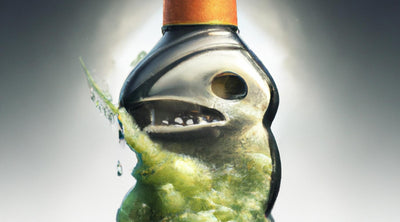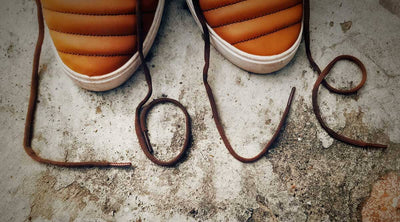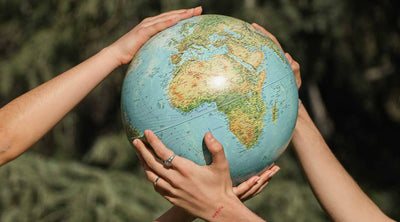Water: an In Depth Look
November 20, 2020Water.
The essence, of life itself.
How has such a resource which is necessary to our survival been taken for granted? Well, the reason may actually be a good one.
Most of society has, for quite some time, had access to fresh water for a multitude of uses aside from just quenching our thirst.
We use it to cool machines, to heat spaces, we have used it to generate electricity, to grow food, to make clothing, or to really make anything. We’ve altered the flow of water in rivers, polluted bodies of water, we use it on our lawns, or on our cars, and the list goes on and on.
The state of our consumption

Because water is such a basic need to survive, and because most of us have had access to it for so long, we tend to forget that just like trees, land, and air, if we don’t use it in a regenerative way...we will eventually run out.
And that is exactly how we’ve been using it.
We use about 8-10 thousand litres of water to make a pair of jeans, and that doesn’t even account for shipping, which burns fossil fuels that requires water to produce.
And it’s not that jeans are extra thirsty when it comes to water consumption, but clothing in general is. And let’s face it, most of us buy way too many clothes.
We don’t realize how much water we consume from our products or food, this is why these forms of water consumption are labeled ‘invisible.’
A good example of invisible versus visible water consumption is a shower vs eating beef. Shortening our showers has been pretty common knowledge for conserving water. But a shower doesn’t even compare to the amount of water we consume by eating beef. 200 grams (around 7 ounces) of beef is the equivalent to 47 eight minute showers, according to Water Footprint. And those numbers are even relatively conservative compared to others’.
Scarcity is getting worse, but it’s already pretty bad

Currently, there is already a huge problem with scarcity. Almost half of the world lives in areas that have depleted or very scarce and inaccessible water resources, according to this article which cites a UN study. On top of that, 785 million people don’t even have access to clean drinking water.
To be honest though, we’ve come a long way in giving our fellow humans access to drinking water. And there are already a lot of very successful initiatives solving this huge problem. But all of that will be temporary with more and more water drying up.
The whole thing about “wet places getting wetter and dry places getting dryer” due to climate change is actually beginning to happen now rather than in the future.
This is why it’s so important to not only be more mindful of the water we are consuming directly and indirectly, but also to be more mindful of the actions we are taking which further the changing of our climate.
According to the UN, our rates of water consumption and water waste is increasing around twice as much as our population. And if our water resources are already stressed at our current population and current rates of consumption, then imagine how that will change as does our population.
The solutions may not be easy, but they are simple

The amount of water required for one single product, for one piece of food, or for one gallon of fuel can be quite a lot. Which is overwhelming. But this can also be a really good thing, because the more footprint something has, the more of an impact we can have by reducing the use of whatever that is.
Plants in general use far less water than animal products to the point where even switching to just one plant based meal per week could have an impact. Cutting our product spending habits in half, or even a quarter, could also be huge! Or carpooling and driving even a little less can be so important.
There is a lot that we as individuals can do to have an impact, and those changes may even be essential in order to truly send a message. Because at the end of the day, businesses, governments, communities, and the world respond to how people are acting more than what they are saying.
If we are to demand that businesses use less water, that governments implement better management practices, or that they create less water waste, our arguments will carry more weight if our own actions are already aligned with our demands.
We should change what we can in our own lives, and this alone may be a lifelong journey. But we will also reach a point when we realize that there are certain aspects to our lives that are up to governments or businesses to change.
We can reduce the consumption of the products we buy, and this is great! But those fewer products that we do buy, should also have the most minimal impact possible. The same way of thinking can be applied to food as well: we can eat more plants and foods that use less water and resources, but even plants have a long way to go in terms of sustainable agriculture.

We have built a society around big spending, huge consumption, and heavy resource reliance, so it’s going to be difficult to make changes that go against this.
But when it comes to water especially, it doesn’t take much to start having a water footprint that is more in line with our values. And the rewards are instantaneous.
It can be scary to go against the grain of what the majority of society is doing. But if society as a whole isn’t living a life that’s in line with our values, is it worth it to follow along? Is it worth it to let others decide how to live? Or is it worth it to put in the extra work so that we can live more authentic and therefore more fulfilling lives?

Written by Aaron Burr
A writer dedicated to working solely with companies on a mission to help the earth and people on it.
MORE Sustainability 101 ARTICLES View all ›
Ready to make
the switch?
- Powerful Cleaning
- Dissolves Easily
- Skin-Friendly
- Eco-Friendly
- No Mess





